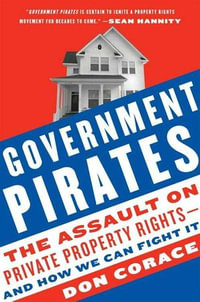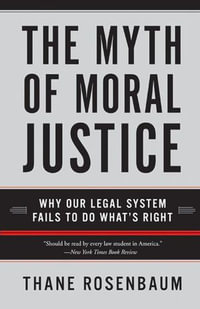Booktopia has been placed into Voluntary Administration. Orders have been temporarily suspended, whilst the process for the recapitalisation of Booktopia and/or sale of its business is completed, following which services may be re-established. All enquiries from creditors, including customers with outstanding gift cards and orders and placed prior to 3 July 2024, please visit https://www.mcgrathnicol.com/creditors/booktopia-group/

The Chevron Doctrine
Its Rise and Fall, and the Future of the Administrative State
eBook | 17 May 2022
At a Glance
eBook
RRP $52.82
$44.99
15%OFF
Instant Digital Delivery to your Booktopia Reader App
ISBN: 9780674276383
ISBN-10: 0674276388
Published: 17th May 2022
Format: ePUB
Language: English
Publisher: Harvard University Press
You Can Find This eBook In
This product is categorised by
- Non-FictionLawLaws of Specific JurisdictionsConstitutional & Administrative Law
- Non-FictionLawJurisprudence & General IssuesLegal Skills & Practice
- Non-FictionPolitics & GovernmentPolitical Structure & ProcessesConstitution & The Government & The State
- Non-FictionLawLaws of Specific JurisdictionsLegal System in GeneralCourts & ProcedureJudicial Powers
























